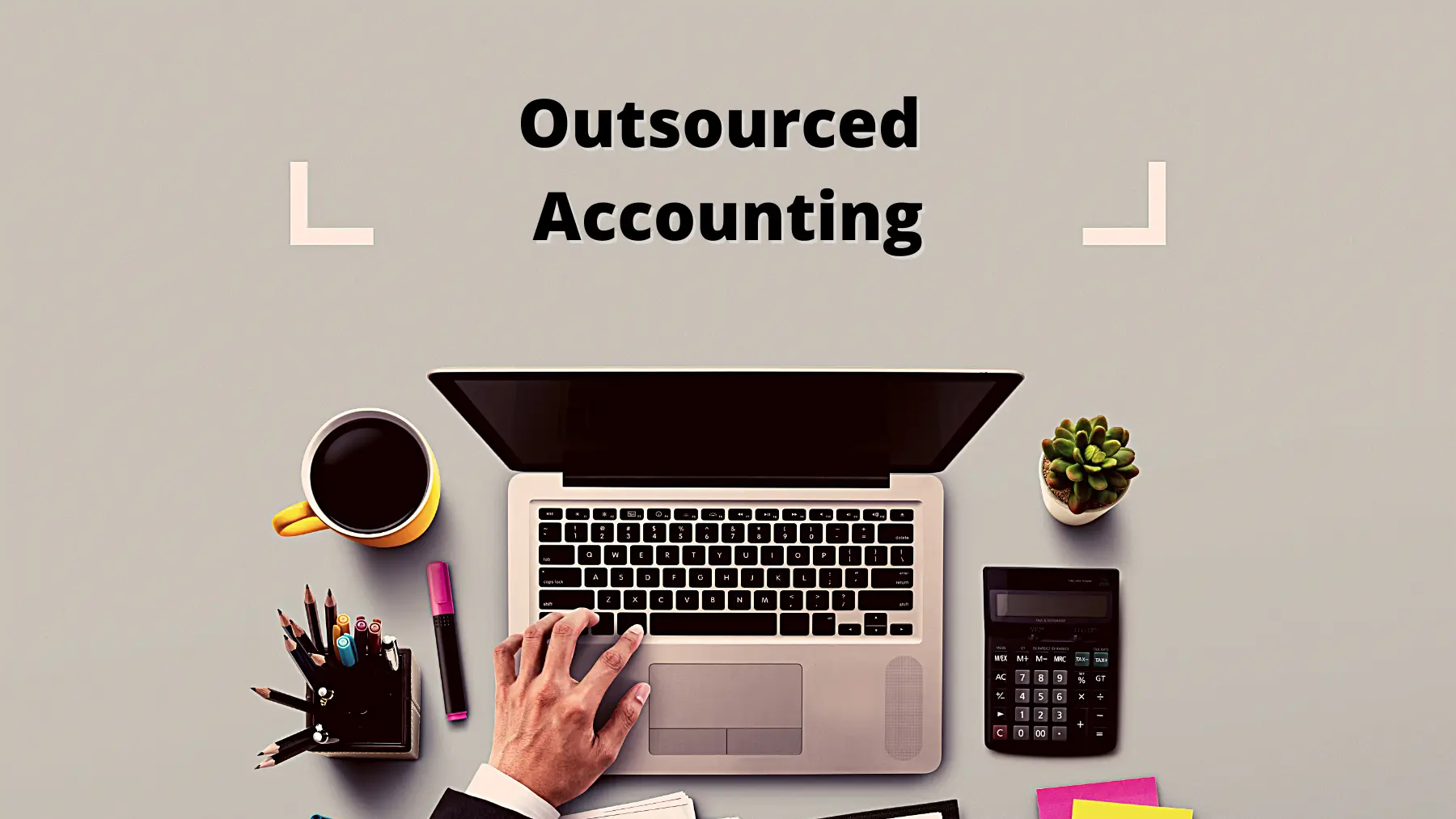Introduction
In 2025, outsourcing remains a strategic advantage for accounting firms in the U.S., driven by technological advancements such as AI integration and evolving compliance requirements. By leveraging specialized outsourced accounting services, firms can maintain competitiveness, ensure regulatory adherence, and optimize operational efficiency. However, with the increasing complexity of industry regulations and heightened data security concerns, compliance remains a critical aspect of the outsourcing process.
This blog explores the latest best practices that U.S.-based CPAs should adopt to navigate the dynamic outsourcing landscape effectively. By implementing these strategies, accounting firms can maximize the benefits of outsourcing while ensuring regulatory compliance and maintaining client trust.

-
Understand the Ultimate Objective
Before embarking on the outsourcing journey, it is crucial for accounting firms to clearly define their strategic objectives. By aligning outsourcing decisions with long-term goals, firms can select the most suitable vendors and implement effective strategies that drive growth and success.
In 2025, outsourcing is no longer just about cost savings; it is about achieving scalability, operational efficiency, and strategic agility. Firms should evaluate their core competencies and identify non-core functions that can be effectively outsourced. For example, routine tasks such as bookkeeping, payroll processing, and tax preparation can be outsourced, allowing in-house teams to focus on strategic activities like financial advisory and client relationship management.
Additionally, defining the scope and expected outcomes of outsourcing initiatives helps firms establish clear performance benchmarks and measure success. By maintaining a strategic focus, accounting firms can leverage outsourcing to enhance service quality and competitiveness.
-
Evaluate the Outsourcing Vendor Thoroughly
Choosing the right outsourcing partner is critical to the success of any outsourcing initiative. In 2025, the selection process requires rigorous due diligence, considering the vendor’s experience, reputation, and compliance with industry standards. It is advisable to partner with vendors who have a proven track record of serving accounting firms and possess in-depth knowledge of U.S. accounting regulations and compliance requirements.
Key factors to consider when evaluating potential vendors include:
- Experience and Expertise: Choose vendors with at least a decade of experience in providing accounting outsourcing services. Verify their industry expertise and the qualifications of their staff to ensure high-quality service delivery.
- Client Testimonials and References: Request references from existing clients to assess the vendor’s reliability and service standards. Positive testimonials from U.S.-based accounting firms can provide valuable insights into the vendor’s performance and client satisfaction.
- Compliance and Security Certifications: Ensure the vendor complies with international security standards, such as ISO 27001:2013, to safeguard sensitive financial data. Certifications demonstrate the vendor’s commitment to maintaining data security and regulatory compliance.
By conducting comprehensive evaluations, accounting firms can establish strong and reliable partnerships, ensuring seamless outsourcing operations and regulatory adherence.
-
Prioritize Data Security and Compliance
Data security remains a top priority for accounting firms outsourcing services in 2025, especially with the increasing sophistication of cyber threats. Ensuring the confidentiality, integrity, and availability of sensitive financial data is crucial to maintaining client trust and compliance with industry regulations.
To safeguard data security, firms should:
- Implement Zero Trust Architecture: Adopting a Zero Trust model ensures that no user or system is trusted by default, minimizing unauthorized access risks. This approach enhances data security by verifying every access request, regardless of the user’s location or device.
- Utilize AI-Driven Threat Detection: Leverage AI-powered cybersecurity solutions to proactively identify and mitigate potential security threats. These tools continuously monitor network activity, detecting unusual behavior patterns that may indicate data breaches or cyberattacks.
- Multi-Factor Authentication and End-to-End Encryption: Implementing multi-factor authentication (MFA) adds an extra layer of security, ensuring only authorized personnel can access sensitive data. Additionally, end-to-end encryption protects data during transmission, preventing unauthorized interception.
Compliance with international data privacy regulations, such as GDPR and CCPA, is non-negotiable. Vendors must demonstrate adherence to these standards and maintain transparent data handling practices to avoid legal repercussions.
-
Foster Strong and Effective Communication
Effective communication is essential for seamless collaboration between accounting firms and their outsourcing vendors, particularly when operating across different time zones and cultural contexts. In 2025, the integration of AI-powered collaboration tools has revolutionized communication, enabling real-time information sharing and efficient project management.
To enhance communication:
- Leverage AI-Powered Collaboration Platforms: Utilize platforms such as Microsoft Teams, Slack, or Zoom, integrated with AI-powered chatbots and virtual assistants to streamline communication and task management.
- Daily Check-In Meetings: Conduct brief daily check-in meetings to review progress, discuss challenges, and prioritize tasks. These meetings help maintain alignment and ensure smooth collaboration between onshore and offshore teams.
- Cross-Cultural Training: Implement cross-cultural training programs to bridge communication gaps and enhance teamwork. Understanding diverse work cultures fosters mutual respect and strengthens collaboration.
By nurturing effective communication practices, accounting firms can build cohesive and productive teams, regardless of geographical boundaries.
-
Promote Cultural Understanding and Collaboration
In an increasingly globalized business environment, cultural understanding is vital for successful outsourcing relationships. Embracing diverse cultural perspectives and fostering an inclusive work culture enhances collaboration and minimizes conflicts.
To promote cultural understanding:
- Encourage Open Dialogue: Create an environment that encourages open dialogue and the exchange of diverse ideas. This fosters creativity and strengthens team dynamics.
- Flexible Working Hours: Implement flexible work schedules to accommodate time zone differences, promoting work-life balance and productivity.
- Buddy System for Integration: Establish a buddy system to integrate onshore and offshore teams, enhancing collaboration and team cohesion.
Prioritizing cultural understanding creates a positive work environment that drives productivity and innovation.
Why Choose Outsourced Accounting Services?
With the accounting industry becoming increasingly competitive in 2025, outsourcing has emerged as a strategic solution for U.S.-based accounting firms aiming to optimize efficiency and focus on strategic growth. By outsourcing non-core functions like bookkeeping, tax preparation, and payroll processing, firms can reduce operational costs, access specialized expertise, and improve service delivery.
Outsourcing also provides scalability, enabling firms to manage fluctuating workloads without the constraints of fixed overhead costs. Additionally, leveraging cloud-based accounting solutions and AI-driven tools enhances productivity and data accuracy. This strategic approach allows accounting firms to stay ahead of industry trends and maintain a competitive edge.
About KMK Associates
KMK Associates is a trusted name in the outsourced accounting services domain, known for precision, reliability, and compliance with global standards. With a team of over 875 seasoned professionals, KMK ensures meticulousness and regulatory adherence in every task. Our service offerings include tax preparation, bookkeeping, payroll processing, sales tax compliance, and customizable accounting solutions tailored to meet the unique needs of U.S.-based accounting firms.
At KMK, we prioritize data security by implementing advanced cybersecurity measures, including Zero Trust Architecture and multi-factor authentication, ensuring the confidentiality and integrity of client data. Our robust project management system, secure file-sharing solutions, and experienced team of specialists provide seamless integration and efficient workflow management.
Partnering with KMK means collaborating with a strategic ally aligned with your firm’s vision and values. Our commitment to quality, timeliness, and accuracy empowers accounting firms to navigate complex industry landscapes and achieve strategic growth.
Closing Thoughts
As the accounting industry continues to evolve in 2025, embracing innovative outsourcing practices and staying ahead of compliance requirements will be vital for sustained growth and success. By implementing these seven best practices, U.S.-based CPAs can maximize the benefits of outsourcing while maintaining regulatory compliance and service excellence.
Connect with KMK Associates today to explore how we can help your firm thrive in the dynamic accounting landscape of 2025.
You may also like – Stress-Free Tax Season: Essential Steps to Prepare Your Business for Tax Filing

